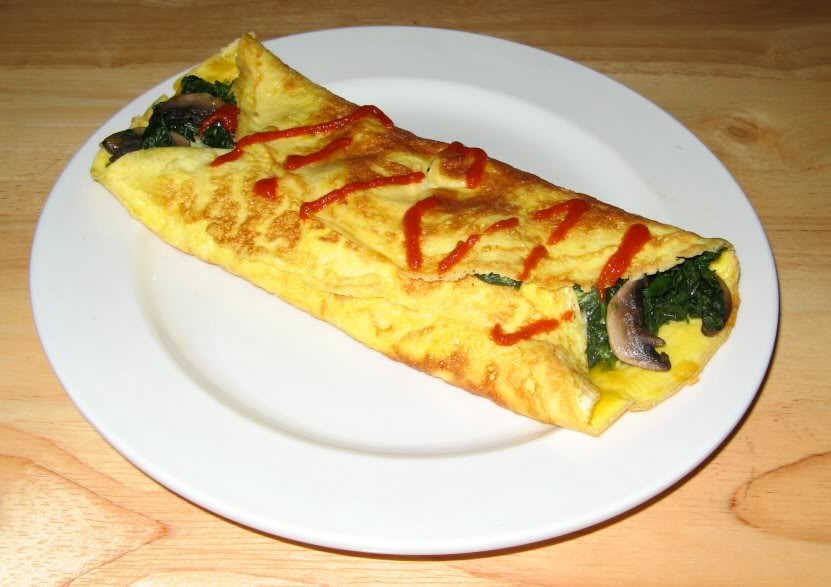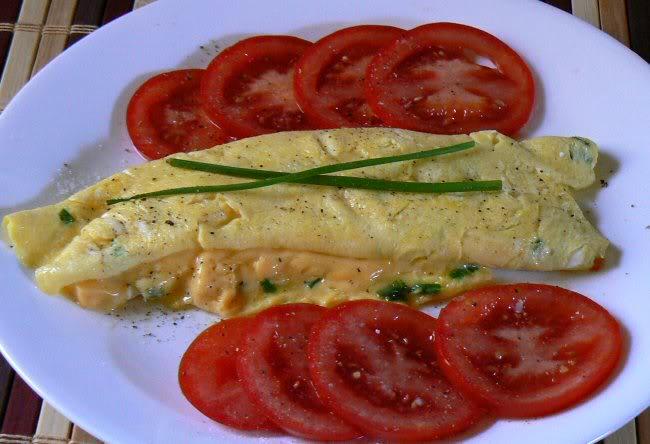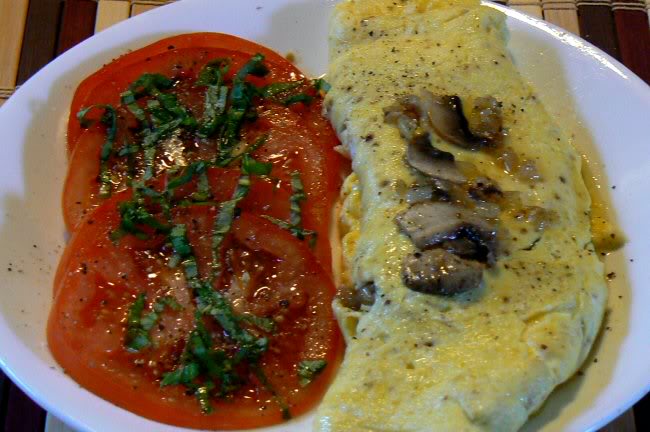Hello everyone,
Thank you for reading my post. For a while I have been trying to make the best omelette possible on an electric stove with a cheap ceramic pan. They come out well.
Here are my two problems:
(1) Temperature issue -
Ideally, I'm supposed to melt butter on a skillet but not to the point that it turns brown. Problem is, if I put it too low, the eggs stay liquified on the pan and there isn't enough curding and what I get is an excessively wet omelette (I understand French Omelettes are already wet, but I have had it not excessively wet, to the point where liquid leaks from the omelette and runs on the plate). I can't seem to find that middle point when the butter stays white and there is a nice sizzle when the eggs are placed on the pan.
My Bad Solution:I have tried lowering the temperature for the butter, placing the egg in the pan, raising temperature, and waiting for it to start sizzling. It works but omelettes come out a lot better when it's hot to begin with. The wait time isn't good.
(2) I notice I can get a more consistent sizzle when the pan has been given time to really heat up. I have always left the pan on without any kind of oil or butter because I don't want it to burn. My worry is whether that's damaging the pan, to let it sit there and really absorb the heat completely.
I'm a hardcore novice.
Thank you for your patience and the pointing out what should be obvious to me.
Dave
Thank you for reading my post. For a while I have been trying to make the best omelette possible on an electric stove with a cheap ceramic pan. They come out well.
Here are my two problems:
(1) Temperature issue -
Ideally, I'm supposed to melt butter on a skillet but not to the point that it turns brown. Problem is, if I put it too low, the eggs stay liquified on the pan and there isn't enough curding and what I get is an excessively wet omelette (I understand French Omelettes are already wet, but I have had it not excessively wet, to the point where liquid leaks from the omelette and runs on the plate). I can't seem to find that middle point when the butter stays white and there is a nice sizzle when the eggs are placed on the pan.
My Bad Solution:I have tried lowering the temperature for the butter, placing the egg in the pan, raising temperature, and waiting for it to start sizzling. It works but omelettes come out a lot better when it's hot to begin with. The wait time isn't good.
(2) I notice I can get a more consistent sizzle when the pan has been given time to really heat up. I have always left the pan on without any kind of oil or butter because I don't want it to burn. My worry is whether that's damaging the pan, to let it sit there and really absorb the heat completely.
I'm a hardcore novice.
Thank you for your patience and the pointing out what should be obvious to me.
Dave



